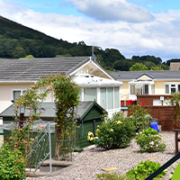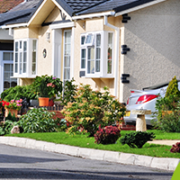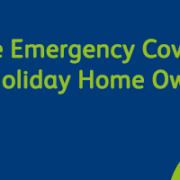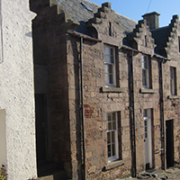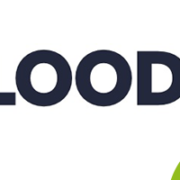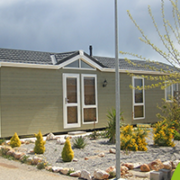If you are thinking about moving into a park home, knowing your rights and obligations is essential, as it very different to a typical bricks and mortar home.
Are you thinking about gifting or selling your park home? If you are, you may find the following information useful which outlines the process for both selling and gifting a park home.
Even though we all hope it will not be necessary, home emergency cover for your UK holiday home is worth considering. It could be a decision that might turn out, one day, to save the day.
If you own a second home or holiday home, choosing your holiday home insurance provider is an important decision. We have outlined in this article, things you should consider before making your choice.
Understanding the flood reinsurance scheme in the UK is important for people who live in areas which are at a high risk of flooding.
We provide a list of top tips to helps you keep on top of the maintenance jobs that need doing, with as little hassle as possible.
Following the recent storms, there have been many Park Home residents experience damage to their park homes, whether that be roof damage, guttering damage etc.
It has been brought to our attention that there are rogue traders operating in some areas, who are knocking on doors, claiming that they have been sent by the residents insurer and have spotted damage to the park home owners home.
If you are thinking about why you may need legal expenses cover, this article is designed to help you with the questions you may have.
Did you know you can obtain a online quotation for your residential park home?
Are you considering whether you need personal possessions cover as an optional benefit added to your standard park home insurance cover?
Company
Insurance Services
- Park Home Insurance
- General Insurance Tips & Advice For Park Home Insurance
- Mobile Home Insurance
- Holiday Lodge Insurance
- Park Home Owner Car Insurance
- Motorhome Insurance
- Static Caravan Insurance
- Floating Home Insurance
- Boat Insurance
- Touring Caravan Insurance
- Holiday Home Insurance
- Making a claim
- UK Park home insurance
- FloodRe

